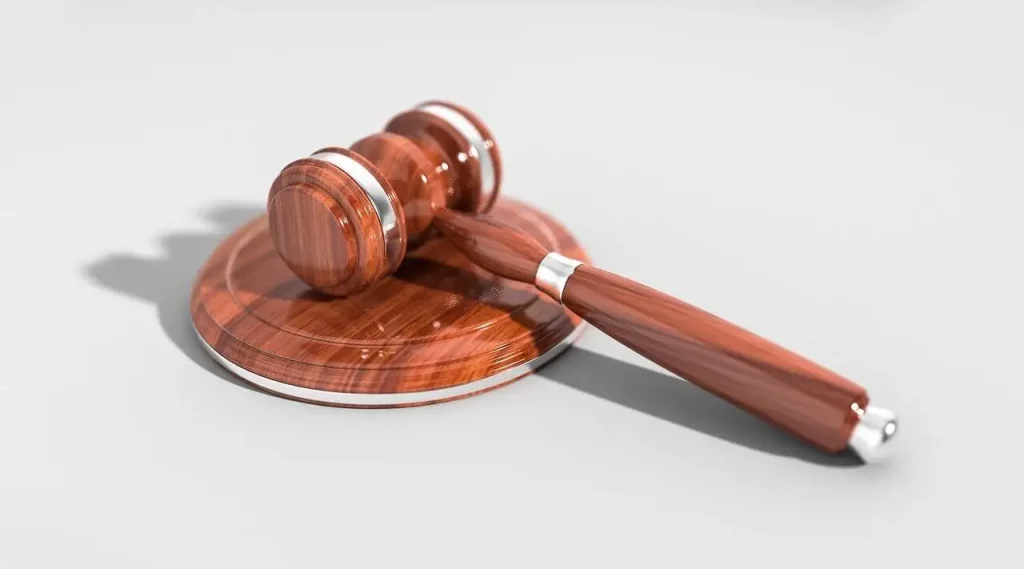“If anyone has introduced changes in the judiciary, that’s the government led by Prime Minister Andrej Plenković,” Bošnjaković said, adding that numerous changes had been introduced and that a change at the helm of the Supreme Court alone did not mean a reform.
Milanović’s statement was prompted by the parliament’s decision on Friday to confirm the opinion of its Constitution and Standing Orders Committee that Speaker Gordan Jandroković did not make a mistake when he asked President Milanović to supplement his motion on the nomination of Zlata Đurđević as the Supreme Court president.
Asked if Milanović was in breach of the Constitution, Bošnjaković said that he believed he was because he did not respect the institution of public call, nor had he stated his opinion on the proposed candidates.
The issue drew public attention after Milanović decided not to nominate any of the three candidates who had applied for Supreme Court president after the State Judicial Council (DSV) advertised a public call.
Milanović said that his candidate, Zlata Đurđević, who did not participate in the public call, was a good choice, reiterating that the public call was not transparent and that he as the president had the power under the Constitution to nominate a candidate.
Bošnjaković said that the dispute regarding the appointment of the Supreme Court president did not make much sense and that the president should have submitted a request to check the constitutionality of the Courts Act, which stipulates the procedure of the appointment of the Supreme Court President, which some other people recently did.
“I am surprised by the opinion of some legal experts who claim that the president directly applies the Constitution,” Bošnjaković said, wondering if this meant that he did not have to respect the law.
Asked if he expected applications for the post of Supreme Court president to be invited again, Bošnjaković said that it would be good to defuse tension and that there was time until 15 July, when the term of the current Supreme Court president expires.
Regarding the latest developments and claims that the HDZ was to blame for the situation in the judiciary and judges socializing with indictees, Bošnjaković replied, “What does the HDZ have to do with that?”
Judges are elected in an independent procedure, and the State Judicial Council decides about their appointment, and the HDZ most strongly condemns the conduct of some judges, he said.
“We want mechanisms to be launched so that they are prosecuted and so that eventually, if necessary, the most difficult decisions are made. This undermines trust in the judiciary, but there are mechanisms to counter and sanction that,” he said.
There are around 1,700 judges in Croatia, and a vast majority of them do their job responsibly and conscientiously. At the same time, those who tarnish that reputation should be subjected to disciplinary proceedings within the DSV, Bošnjaković said in a comment on some judges having socialized with former Dinamo football club boss Zdravko Mamić, recently sentenced for siphoning money from the club, and businessman-turned-politician Željko Kerum from Split.
Judges socializing with persons against whom criminal proceedings are underway is unacceptable, Bošnjaković said.
For more about politics in Croatia, follow TCN’s dedicated page.











